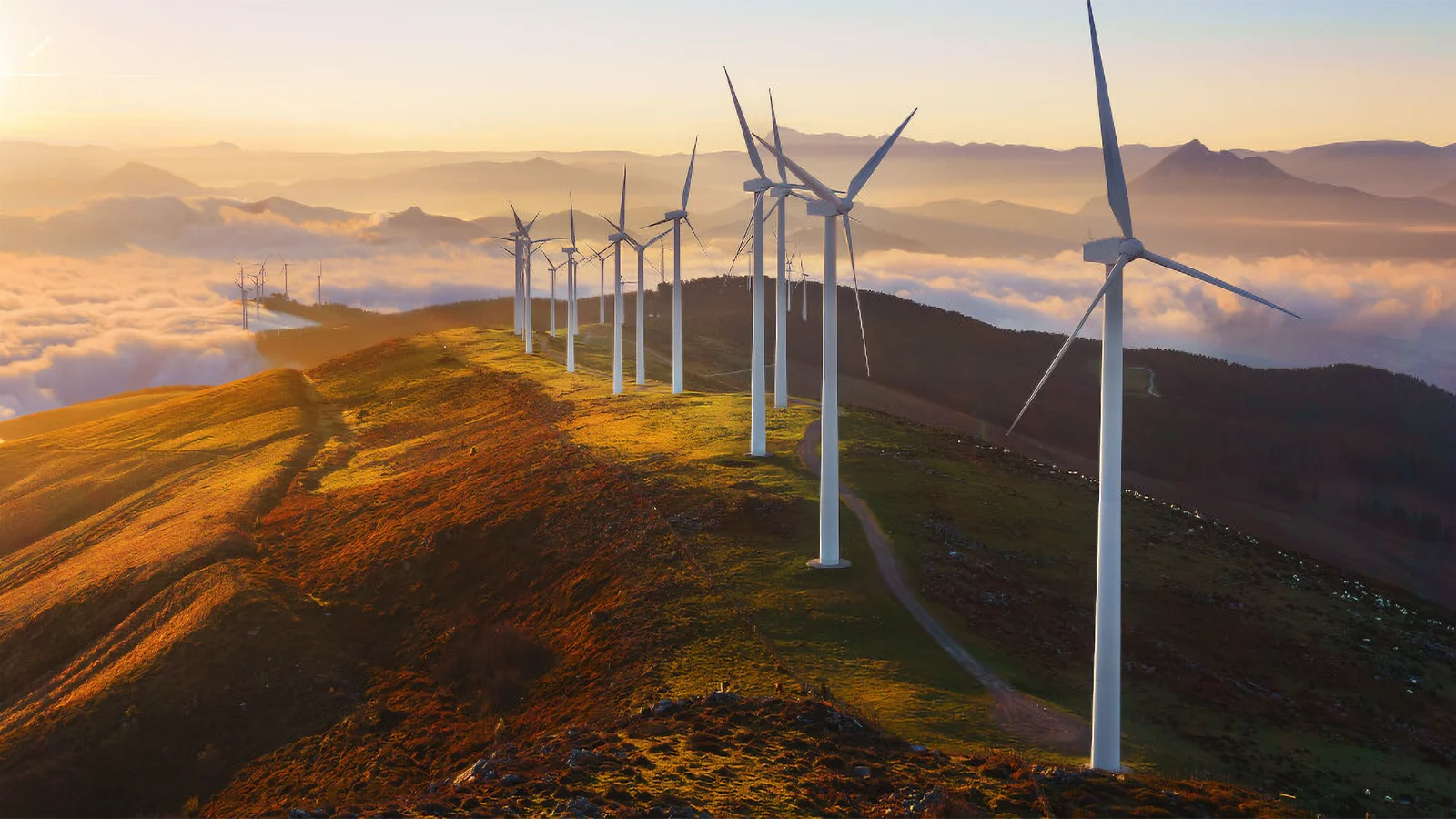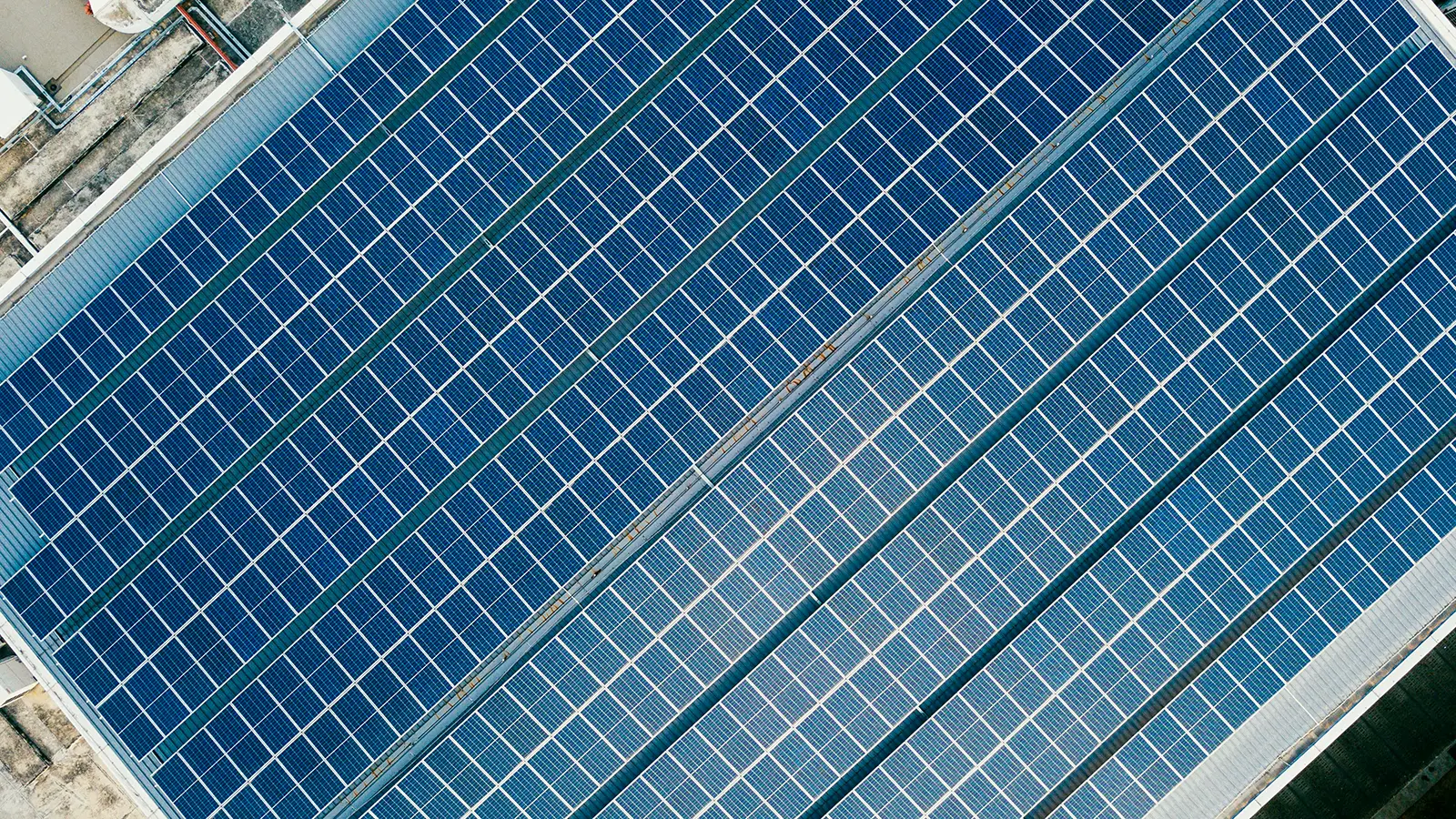News and activities
Europe could be energy self-sufficient by 2030, but that comes with a hefty price tag - Study

Europe's energy system could free itself from up to 2 trillion euros worth of gas and oil imports, claims a new study.
Europe can power itself entirely from its own renewable energy sources from 2030 onwards as long as governments and private investors are willing to spend trillions of euros, according to a report led by the Potsdam Institute for Research on Energy Efficiency. affecting the climate.
This means that there is no need to import electricity or energy sources to convert it from outside the continent from that point onwards.
It would take another decade to convert the entire energy system, including things like heat currently powered by oil or gas, to renewable energy, according to the study.
This energy system, powered by 100% renewable energy, will come with lower energy costs for consumers.
Establishing a truly sustainable energy sector in Europe would cost €2 trillion, according to the study.
This means that it will take €140.203 billion per year by 100 and €100 million per year a decade after that to get there.
However, as this is equivalent to 75% of the EU's current annual budget, it is important to note that the majority of this amount could come from private investors, like the International Monetary Fund recommended in its latest report.
While most of the funding is needed for the expansion of onshore wind, But solar energy, hydrogen and geothermal resources will be key pillars of the strategy.
A scientific study commissioned by Aquila Capital, one of Europe's largest private renewable energy investors, suggests that this energy system, which uses 100% renewable energy, will come with lower energy costs for consumers and reduce vulnerability in times of geopolitical tensions.
“These numbers are huge. But it is important to remember that European countries are expected to spend an additional €792 billion last year on the existing system to protect consumers from the effects of the energy crisis caused by Russian aggression. in Ukraine”
Can Europe become the first climate-neutral continent?
The EU's current renewable energy target calls for 42.5% of the EU's energy to be renewable by 2030, with an ambition to reach 45%.
Meanwhile, studies indicate the target may be much higher. But it acknowledged that the route involves substantial investment in developing renewable energy infrastructure, including building energy storage capacity and networks, as well as investing in technology and skills.
A strategy is urgently needed to reduce the fossil fuel share of energy in Europe both quickly and efficiently.
Investment is still needed in digital technology according to the study.
For example, artificial intelligence can help plan, store, and deliver energy where and when it is needed.
The study cites the example of the U.S. market, where the nearly $400 billion (379 billion euros) Inflation Act, signed into law last year, has mandated huge tax breaks and subsidies for green technology since. electric cars to wind farms and battery production to develop clean energy production across the country over the next 10 years.
The study echoes industry criticism of European regulations, asking for faster project approvals to ensure targets are met.
The report calls on politicians to incentivize and ensure investment in renewable energy is attractive enough to bring private funds to market.
It states that renewable energy supply must grow 20% per year to meet expected energy demand by 2030.

- 23 December 2024
Cabinet approves allowing factories to set up solar rooftops freely

- 27 March 2025

